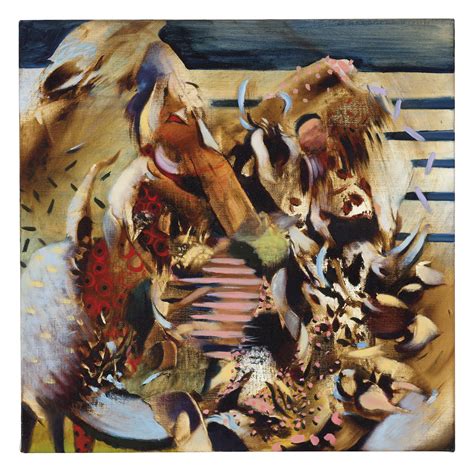A Quote by Maryanne Wolf
Children need to have both time to think and the motivation to think for themselves, to develop an expert reading brain, before the digital mode dominates their reading. The immediacy and volume of information should not be confused with true knowledge.
Related Quotes
The artist brain is the sensory brain: sight and sound, smell and taste, touch. These are the elements of magic, and magic is the elemental stuff of art. In filling the well, think magic. Think delight. Think fun. Do not think duty. Do not do what you should do-spiritual sit-ups like reading a dull but recommended critical text. Do what intrigues you, explore what interests you; think mystery, not mastery.
Think about the way you go surfing on the Internet - you go from one thing to another. You can't really concentrate. I can't sit and read 10 pages on my computer. You'll read and then all of a sudden part of your brain is like, "What about that? ...You're not reading the whole book. You're reading fragments. Even though I think it's bad, I think it's interesting too, because that's the way my brain works.
Close reading of tough-minded writing is still the best, cheapest, and quickest method known for learning to think for yourself... Reading, and rigorous discussion of that reading in a way that obliges you to formulate a position and support it against objections, is an operational definition of education... reading, analysis, and discussion is the way we develop reliable judgment, the principle way we come to penetrate covert movements behind the facade of public appearances.


































